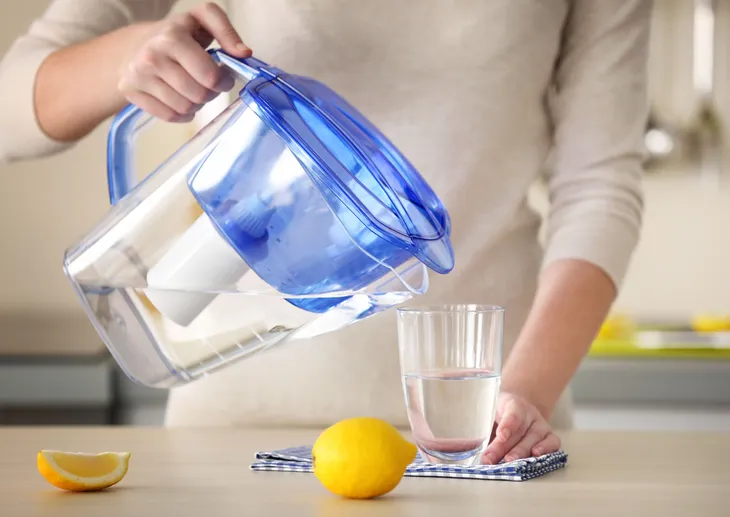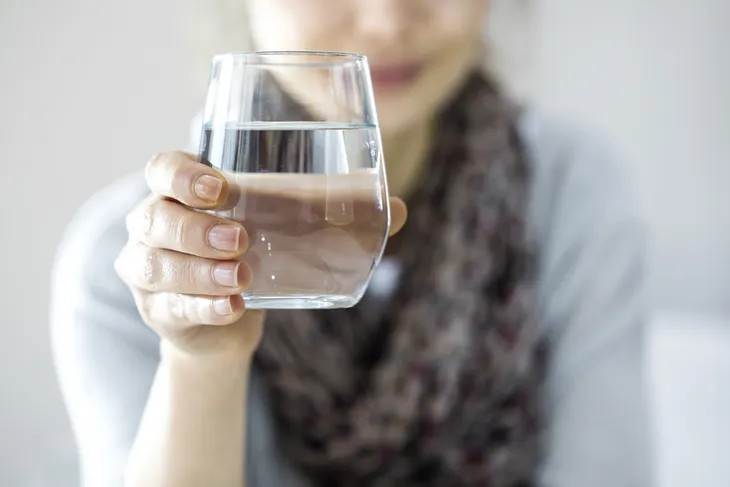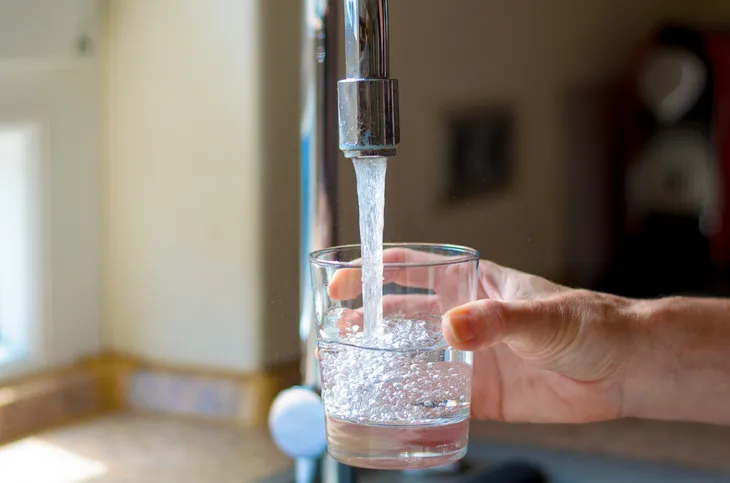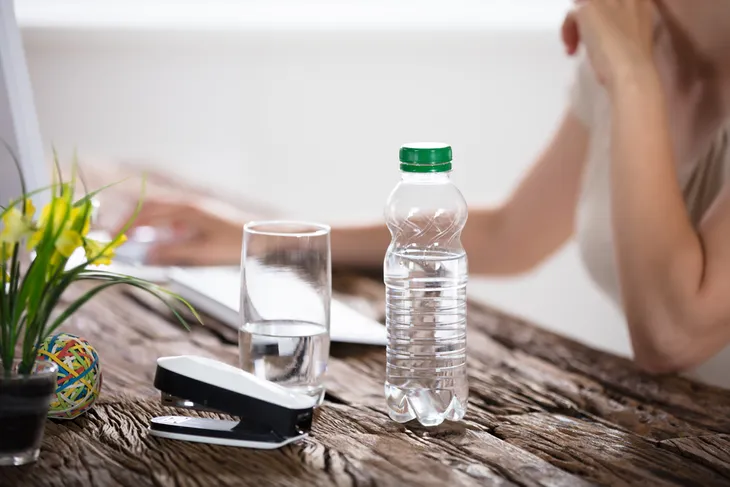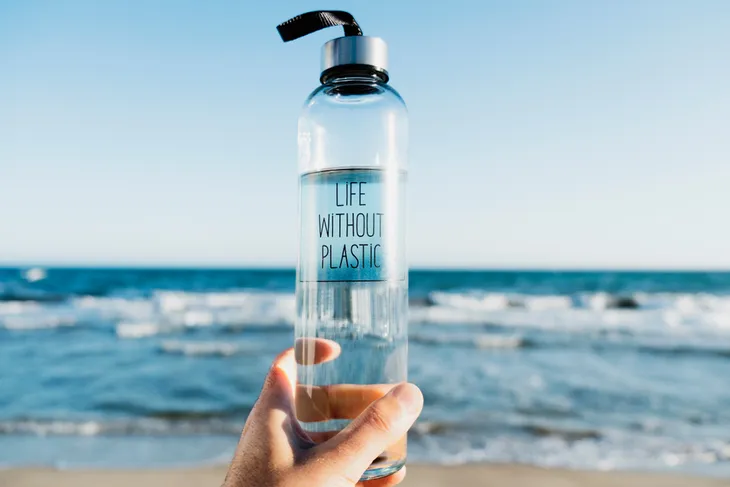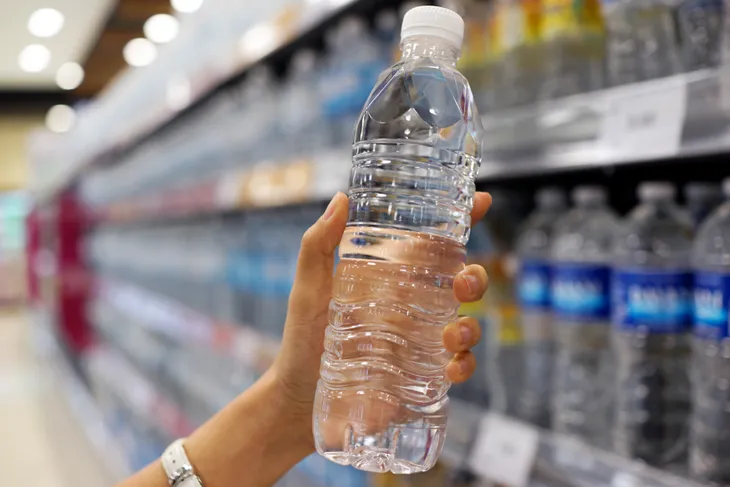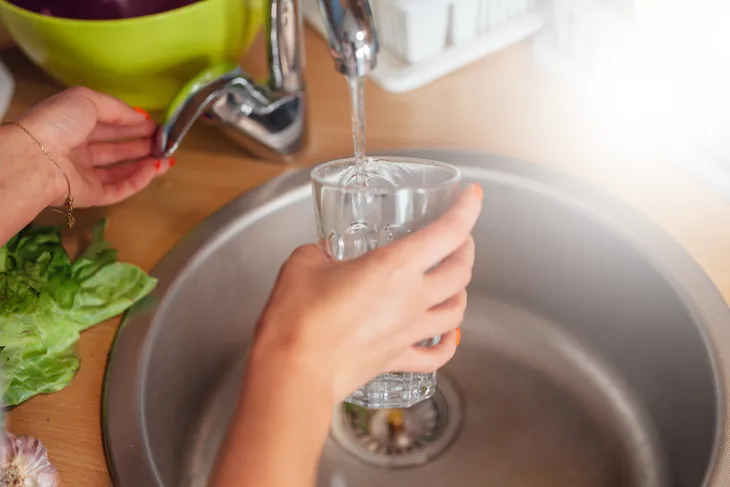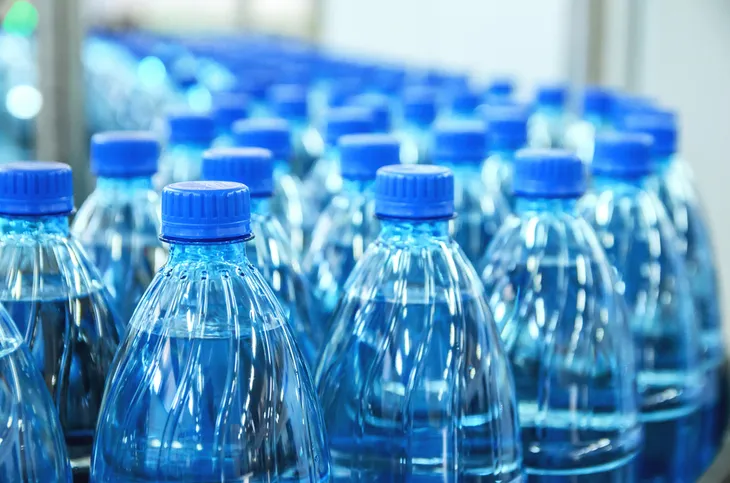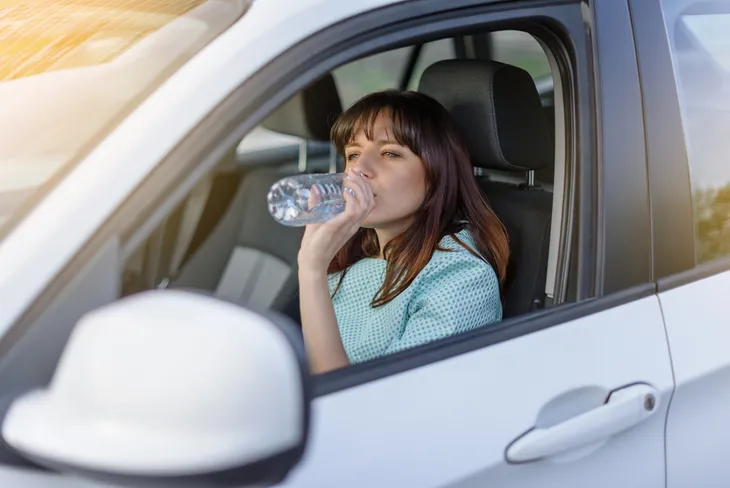Tap filters, water jugs, bottled water, and plain old tap water. How do you choose? Is tap water really bad for you? Is bottled water best?
While water is vital to keep us hydrated and you should drink at least 8 to 10 glasses every day, choosing your water source can be difficult. Water in bottles is often treated differently than your tap water, and marketing efforts go both ways about the benefits and downfalls of bottled water. However, there are also concerns about what unsavory things could be in your tap water, depending on the city you live in.
There’s no need to be confused any more. With these 10 facts about your drinking water, you’ll be better informed about the water you drink and where you get it from…
Regulated Tap Water
Throughout America, tap water is regulated by the U.S. Environmental Protection Agency (EPA). Tap water that’s approved for drinking is absolutely fine for you to drink; misconceptions and lack of knowledge have instilled fear in some people, but regulated tap water is generally safe. Quality assurance is maintained through regular testing and reporting, making tap water just as safe as bottled water.
It basically comes down to preference, convenience and cost—if your tap water is safe to drink, spending more money on bottled water than milk is a waste, not just economically, but all of that plastic waste also significantly impacts the environment.
Private Well Water
While city tap water is regulated by the EPA, the use of private well water in your home is a whole different story—and there have been some pretty gross things found in wells when tested. Well water doesn’t have the same requirements regarding testing, so if you drink water from a well, only do so if you know that it’s tested regularly and what the results of those tests are.
Some pretty nasty things found in untreated, unfiltered well water include chemicals, arsenic, pesticides, nitrates, and other bacteria. And water from wells that contain these contaminants can be well over the level considered safe for consumption.
Regular Bottled Water
Some people say they prefer the taste of bottled water or they like the convenience of grabbing a bottle to go. Regular bottled water can come from a variety of sources, including springs, aquifers and municipal water supplies. Some types of water, like mineral or spring water, are okay to drink straight from the source, and many bottled water manufacturers sell this type of water.
But water from other sources often must be treated or filtered to be fit for human consumption. The treatments to both the water and bottles can affect the taste of the water, which is why a lot of people prefer bottled over tap.
Bottled Water Environmental Impact
You may be a fan of bottled water, but have you ever thought about the impact of billions and billions of bottles thrown away each year in North America alone? Even though bottles are usually recyclable, very little is actually recycled. It doesn’t eliminate or remotely put a dent in the amount of plastic bottle waste in landfills.
And that’s not the only harm these bottles have. Other environmental issues to consider are the resources it takes to extract the water, as well as the transportation and distribution. Trucks driving around the country loaded with cases of bottled water are emitting a whole lot of greenhouse gases and other harmful fumes into the air.
Misleading Labels
The bottled water industry is not regulated in the same way that city/tap water is. In fact, your favorite bottled water could be coming from the same source as your city or another city, and manufacturers don’t have to list where the water came from. Some companies have started listing their water source voluntarily on the bottle label, but it’s few and far between at this point.
Basically, you could be purchasing water at a cost of 1000 times more than what it costs to drink the same water from your tap. There are some states and provinces that have additional regulations about what goes on the label, but again, there’s a lot of missing information.
Myth: Bottled Is Healthier Than Tap Water
Despite what marketing and advertising campaigns imply or outright claim, bottled water isn’t automatically better for you than tap water. Yes, some bottled water is infused with additional vitamins and nutrients, but in general, bottled doesn’t mean healthier.
There hasn’t been any credible study or findings that prove bottled water is healthier for you. So if you drink bottled water because you think it’s healthier for you, you may want to give your regulated tap water a try. There’s actually a lot of health benefits from tap water too— it’s just not marketed to you in the aggressive way bottled water is.
 Getty Images
Getty ImagesTap and Bottled Water Can Be Contaminated
Despite regulations and safety practices, it’s possible for both tap and bottled water to become contaminated. Accidents can happen at both the municipal and manufacturer level. Bottled water could become contaminated during the treatment process—or more specifically, how they clean the water, add to it, or manufacture the bottles.
Chemicals used during the manufacturing process are sometimes not tested since there aren’t strict regulations demanding they are, and the result can be contaminated water. So it’s not rational to be afraid of regulated tap water when it could just as easily happen to your bottled water.
The Bottled Water Process Wastes Water
In addition to a lot of bottled water coming from the same source as your tap water, the bottling process also wastes a lot of water—up to three times as much water is used than necessary to fill the bottle. So not only does bottled water have a significant impact economically and environmentally, it takes three times the water to produce one bottle of water.
Considering hundreds of millions of people in the world don’t have access to clean water, while a significant portion of North Americans have completely safe tap water they can consume for pennies, the water waste from bottled water is grossly profound.
Plastic Bottles Can Release Chemicals
It has been implied by many manufacturers that there are harmful contaminants in your tap water. But it’s arguable that North Americans should be more fearful of the potential chemicals in their bottled water from the bottle itself. Some studies have shown that plastic bottles release chemicals, especially under certain conditions such as excessive heat.
Leaving a bottle in the car on a hot day could end up with you ingesting harmful chemicals you don’t want in your body. Phthalate is one of the most common and concerning chemicals that could be released into your bottled water. This synthetic chemical has been connected to reproductive problems and increases the risk of certain cancers.
Water Filters Could Be A Happy Medium
If you’re really stuck on how you dislike the taste of your tap water but want to limit both the negative impact of using bottled water as your main source of water, an attachable filter for your tap or using a jug that filters the water can be a happy medium.
Filters have a great impact on both the taste of your water and could remove the small amount of harmful contaminants that make it through your city’s water process. Filters are relatively cheap to buy and usually only need to be replaced every couple of months. This will help save money while meeting your taste requirements and reducing your fear.
